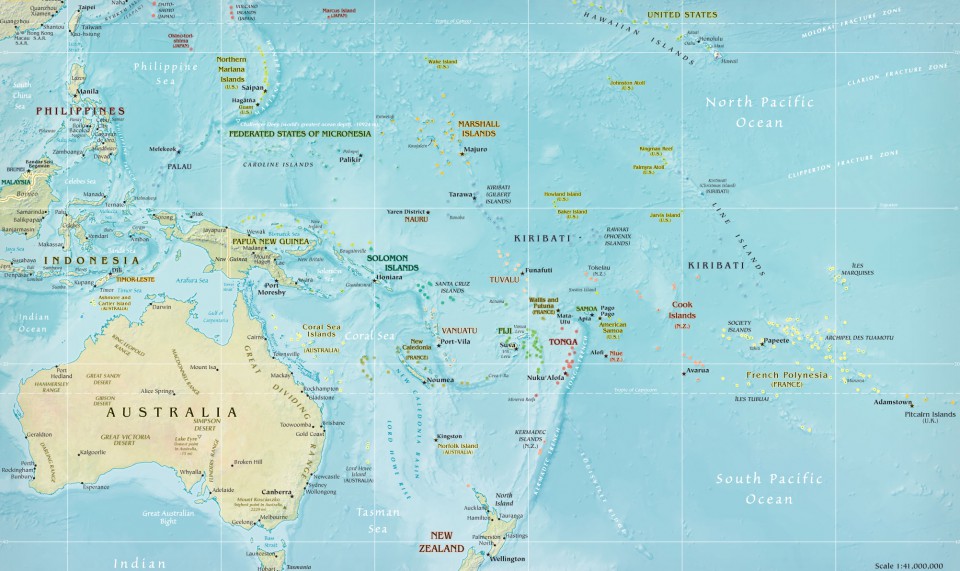I happened across this lecture, ‘The Disappearance of Emotion? Violence, Affect, and the Post-Traumatic Subject’ to be given by Professor Ruth Leys at the University of Melbourne on Thursday 6 June 2013. It is free to the public and, indeed, more details can be found here. Briefly, Leys is examining the ‘latest twists’ in affect theory today. Her question is this:- Where Freud’s libido theory was central to twentieth century, will the twentyfirst be ‘the century of the “post-traumatic” subject, whose affective indifference and profound emotional disengagement from the world mark him or her as a victim of brain damage’?
Freud, his work and the development of psychoanalysis during the twentieth century, is under increasing and critical scrutiny by researchers in the Humanities and Cultural Studies field. The ARC Centre of Excellence in the History of Emotions, a conglomerate formed by the Universities of Adelaide, Melbourne, Sydney and Western Australia focuses on the way people thought and felt in Europe from 1100 through to 1800 and from thence to the way these patterns found their expression and continued formation in Australia during the subsequent 200 years until the early twenty-first century. How psychoanalysis emerged both as a framework for interpretation of these phenomena AND as a method of investigation into the individual mind as well as the social/nation/group is certainly part, but not all of, the Centre’s focus. It is certainly one of the aims of this humble blog.
Past events include a lecture by Philosopher Prof Louis Charland from the University of Ontario at the University of Western Australia on 26 June 2012. Cribbing from the Centre’s newsletter which is also here Professor Charland addressed ‘lack of passion in Western psychiatry’ and ‘the fundamental roles of psychiatry pioneers Theodule-Arman Ribot, Philippe Pinel, Sir Alexander Crichton and Jean-Etienne Esquirol in that belief of passion in the genesis and nature of mental illness’. Prof Charland argued that passion needs to be reinstated back into Western psychiatry by first looking at the past lessons of history. There is a link to the lecture itself in the newsletter.
What impresses me is the generativity of this Centre and the potential for interdisciplinary collaboration and development of thinking and theory. At the Australian History Association Conference last year a keynote session concerned research into people’s responses to disaster, namely the Australian bushfires. Investigation into adolescent disorders in the seventeenth century by Ursula Potter from the University of Sydney has also led to a partnership with the School of Psychology and research into Anorexia Nervosa at that University. And indeed historians and cultural theorists will be continuing to investigate the development of psychoanalysis and psychology and its practitioners during the twentieth century.
That said, as I peruse the material on the ARC links I wonder where the people who have devloped a vast expertise in emotions and emotional expression, at least during the twentieth century and beyond, have gone. They seem to be underrepresented, if at all. Surely there is scope for developing conversation with, if not a critical examination of these arenas by the very professional groups concerned -whether within their particular frames of reference or indeed, in partnership with scholars from the Humanities streams. We will wait and see.

Thanks for this, Christine. As it is I can go to Ruth Leys talk and I plan to attend. I used many of her ideas in my thesis in the sections on trauma. Brilliant.
Sounds good. Unfortunately I found out about this too late for me to change my committments so will have to await the podcast, if there is one. Enjoy!